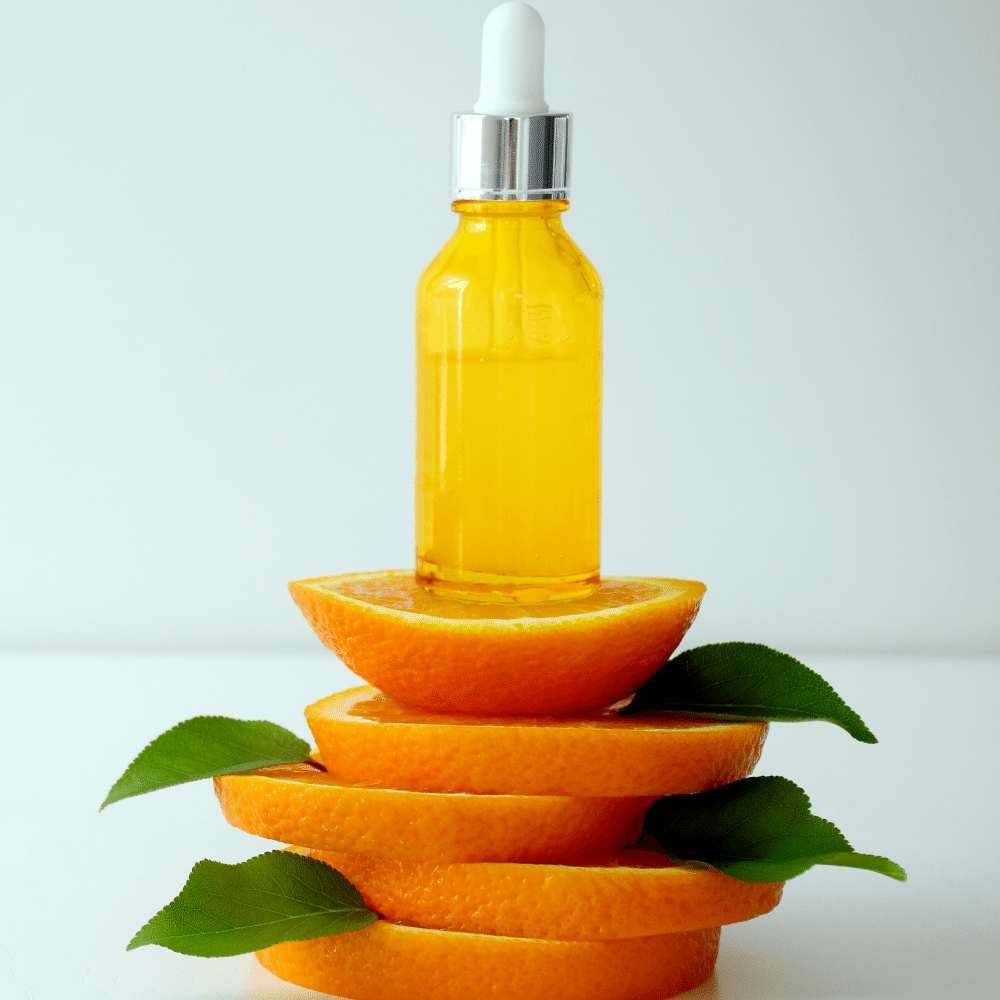In This Article
This post may contain affiliate links, please see our privacy policy for details.

You see them all over social media, skincare bloggers and celebrities alike raving about the benefits of vitamin C serums. According to these posts, vitamin C serums can do everything from brightening skin tone to reducing the appearance of wrinkles. But are these claims actually true? Do vitamin C serums really work, or are they just another skincare fad? Let's take a closer look.
The Benefits of Vitamin C Serums
Vitamin C is a potent antioxidant that can help protect the skin from damage caused by free radicals, UV rays, and pollution. Vitamin C also has brightening properties that can help improve the appearance of hyperpigmentation, dark spots, and uneven skin tone. In addition, vitamin C stimulates collagen production, which can help reduce the appearance of fine lines and wrinkles.
Are Vitamin C Serums Effective?
The answer to this question is a little complicated. On the one hand, there is scientific evidence to support the claims made about vitamin C serums. Multiple studies have shown that vitamin C serums can provide significant anti-aging benefits when used over an extended period of time (i.e., several months to a year). However, it's important to keep in mind that results vary from person to person; not everyone will see the same results from using a vitamin C serum. Additionally, it's important to choose a product with a high concentration of pure vitamin C (i.e., L-ascorbic acid), as this type of vitamin C is more stable and effective than other forms (like magnesium ascorbyl phosphate or sodium ascorbyl phosphate).
Do Vitamin C Serums Have Any Downsides?
Like any other skincare product, there is always the potential for side effects when using vitamin C serums. The most common side effect is irritation, which can manifest as redness, stinging, or itchiness (especially when you first start using the product). Another potential downside is that pure vitamin C serums tend to be unstable, which means they have a shorter shelf life than other skincare products and must be stored properly (in a cool, dark place) to prevent oxidation. Finally, pure vitamin C serums can be expensive; depending on the brand and concentration level, they can range anywhere from $30-$100+.
Final Thoughts
So, should you use a vitamin C serum? If you're looking for an effective anti-aging skincare product with proven benefits, then the answer is yes. Just keep in mind that results vary from person to person, so don't expect miracles overnight; give it at least 3-6 months before you start to see noticeable results. And when shopping for products, be sure to look for those with high concentrations of pure L-ascorbic acid for maximum efficacy.
Related Stories
If you're looking for a Vitamin C Serum to try this fall, definitely check out our latest blog post. We've compiled a list of the best serums available, so you can find one that works for you. And don't forget to follow us on social media for more skincare tips and tricks!












